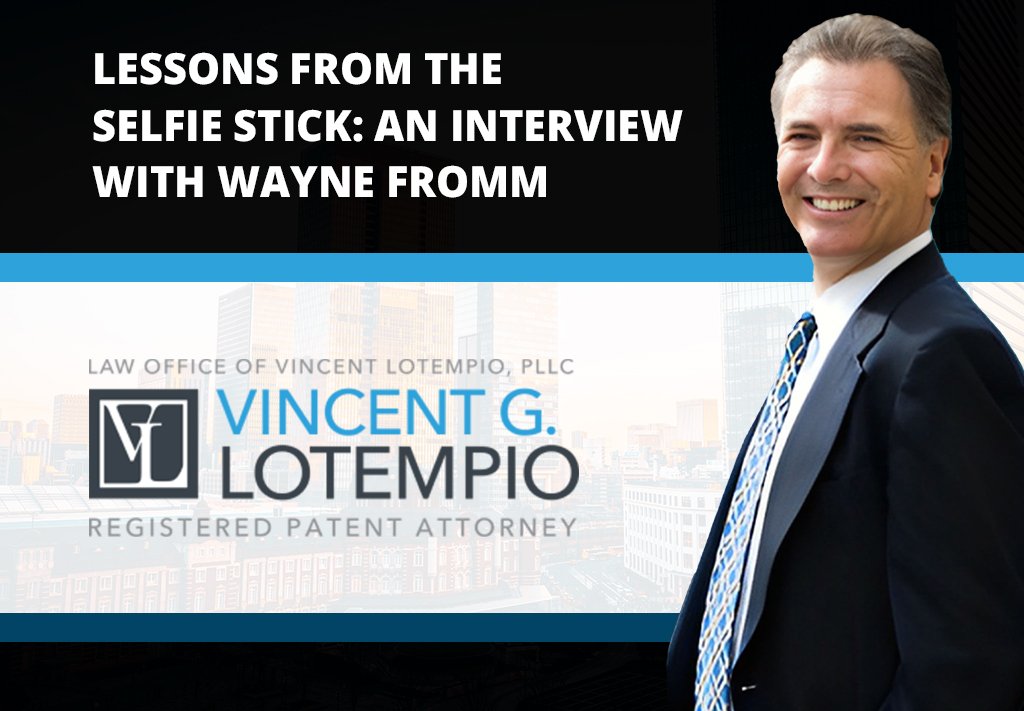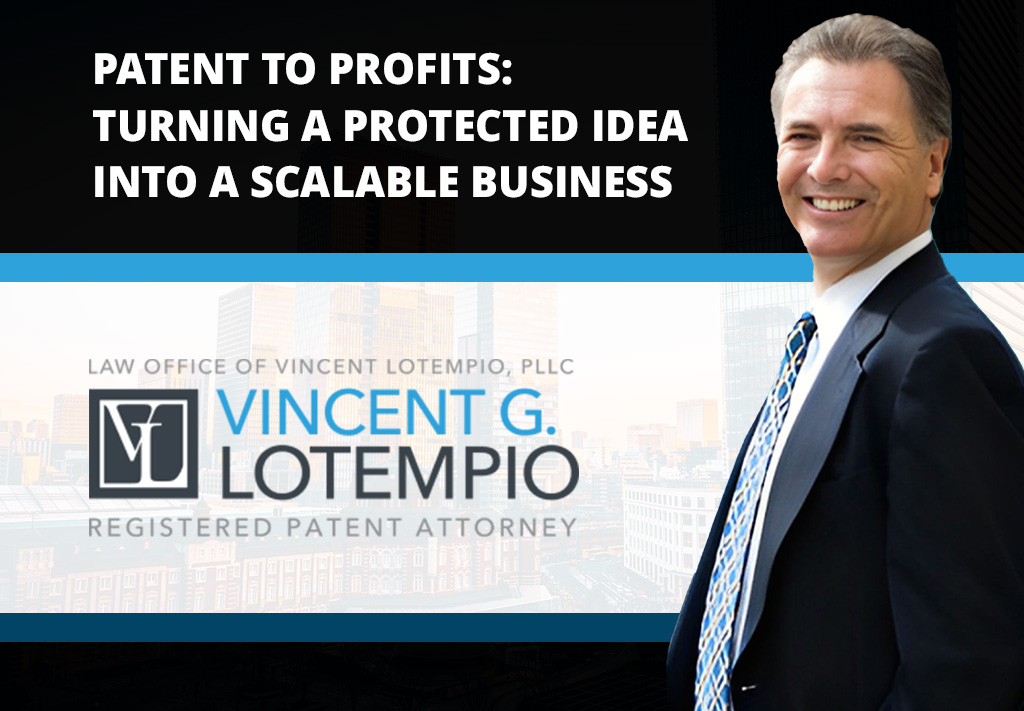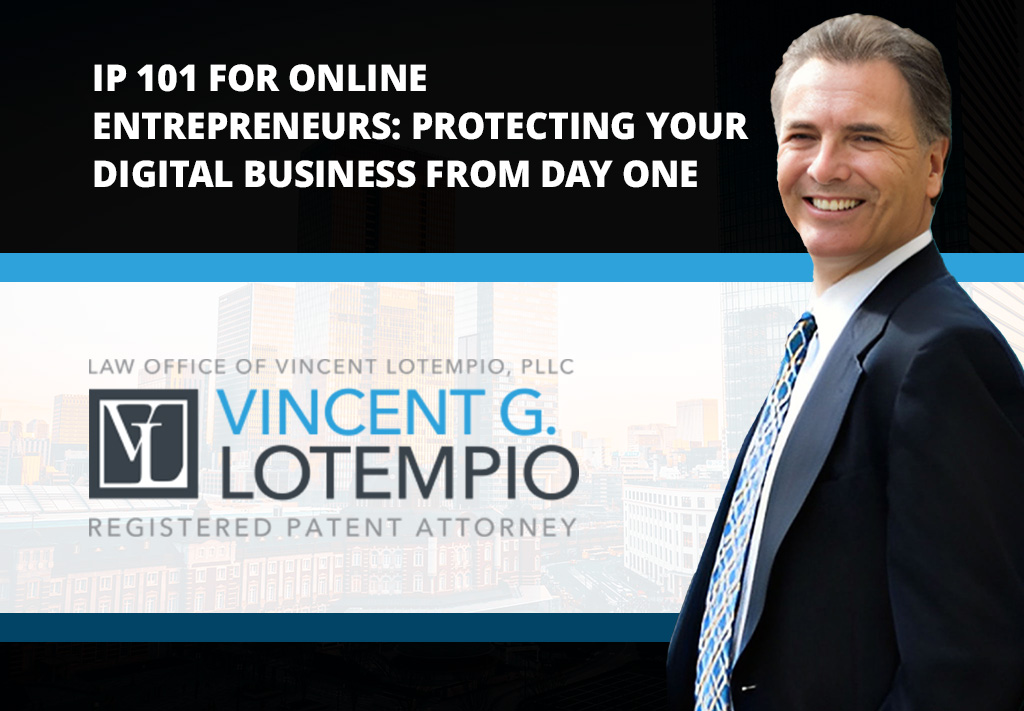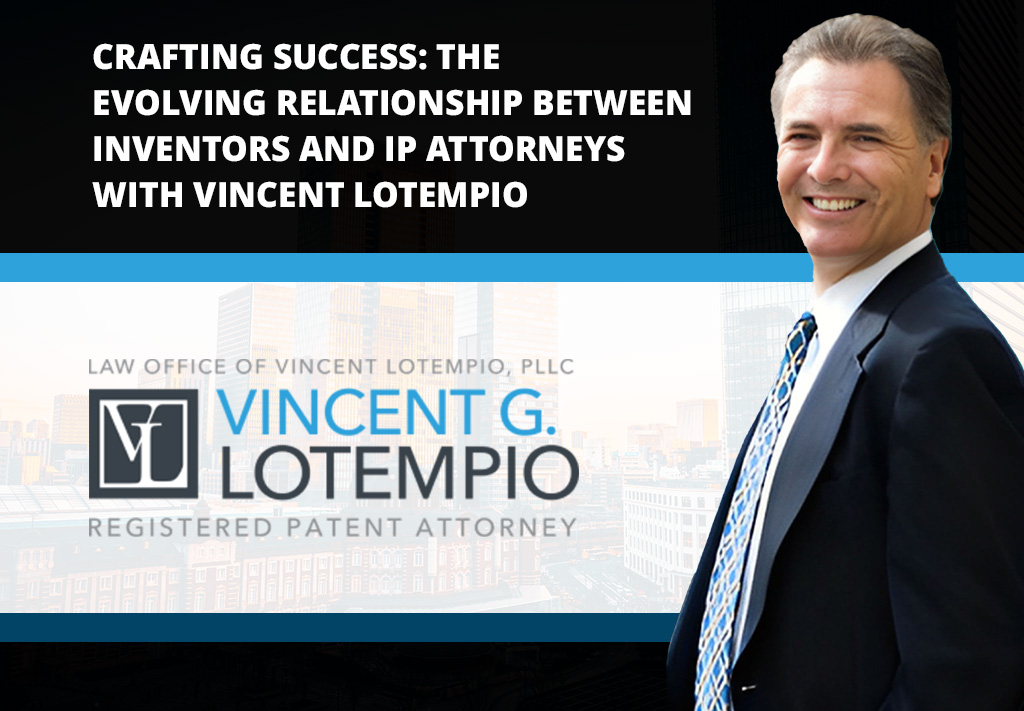 Today is Christopher Columbus Day and if you remember he invented America. No that’s not right… he discovered America. Of course he thought he landed in India and we’ve been mistakenly calling Native Americans Indians ever since and today we celebrate his mistake.
Today is Christopher Columbus Day and if you remember he invented America. No that’s not right… he discovered America. Of course he thought he landed in India and we’ve been mistakenly calling Native Americans Indians ever since and today we celebrate his mistake.
It used to be you would plant a flag into the ground and stake a claim to that land for your country or your family. Today if you invent something you file a patent application and put everyone on notice that this is my intellectual property.
This past weekend I saw the movie “The Social Network,” which is about how Facebook was invented and how they fought over who owned the company and the intellectual property rights for the Facebook “idea.” The movie is set as a series of flashbacks of what the witnesses testify about in a pretrial discovery deposition. What is at stake? The multi-billion dollar pie that is Facebook.
The movie “The Social Network” revolves around two lawsuits. One brought by Cameron and Tyler Winklevoss, twins at Harvard who claim they had hired Mark Zuckerberg to build for them a Facebook type website. Instead Zuckerberg took the idea and created Facebook. They settled for $65 million.
And a lawsuit brought by Eduardo Saverin, Facebook’s initial CFO and investor, who was “tricked” out of his 30% share of the company by Silicon Valley venture capitalists when Facebook was reorganized.
Mark Zuckerberg the founder and creator of Facebook is listed by Forbes as one of the world’s 212 billionaires, he is listed as number 35.
The Harvard dropout’s fortune surged $4.9 billion over the last year as private equity deals place Facebook’s value at around $23 billion. (Illiquid private shares in secondary markets point to an even richer valuation.) Facebook has more than 500 million members.
This movie is so attractive to viewers because it is everyone’s dream is to be the next billionaire. “The Social Network” is the no.1 movie at the box office this week. When clients ask me whether or not a patent will stop anybody from copying their idea, I answer “most likely when you start making money somebody will copy it. But that is a good thing because it means you’re making money.”
Ezra Klein a Washington Post Staff Writer delves into the deeper issue of “how do we protect and promote innovation?” in the article entitled “A story bigger than Facebook.”
The movie recasts a story of inevitable technological change as the saga of a socially inept genius, two or three of his most important relationships and the social pressures of Harvard University. That makes for a better film, of course. But it misses the richer drama behind transformative innovations like Facebook, and it’s part and parcel of the way we misunderstand, and thus impede, innovation.
Robert Soave reporter for the Daily Caller penned an article entitled “The Social Network’ and the case against intellectual property rights” where he queries if Tyler and Cameron Winklevoss had any evidence showing that Facebook founder Mark Zuckerberg stole ideas like “profile pages” when they met in college.
Soave wonders “what if” the twin brothers were able to serve and enforce a “cease and desist” order through a United States court early in the process and stopped Zuckerberg from going forward with Facebook? Would it have been fair to stifle Zuckerbergs’ innovation and eliminate the muti-billion dollar Facebook before it ever started to get rolling?
Simply put, Tyler and Cameron Winklevoss can’t claim ownership over what they accuse Zuckerberg of stealing. Ideas — in this case, an online student network — bear none of the qualities of property. They are abstract and intangible. They don’t exist in any physical sense. If another thinker has the same idea, the original thinker is not suddenly deprived of access to the idea; it simply multiplies.
I recently posted that ideas alone are not protectable, the thing, not the idea, is what generates IP rights. But what about protecting the idea by contract? A contract that says “we’re going to work together on a project and you will not take the idea and compete against me.” So why couldn’t Tyler and Cameron Winklevoss claim “Breach of Contract?”
Often times these contracts are called a non-competition or a non-compete contract or agreement. This is the case when a company hires somebody to start a new project and a contract is signed that enunciates that the intellectual property is owned by the company and if the employee leaves the employee will not be able to use that information to compete with the company.
It used to be that a social contract based upon a handshake was all you needed to be protected.
Recently the US Supreme Court handed down the decision in the Bilski case that ruled that “abstract ideas” were not patentable subject matter.
Is Facebook an abstract idea? Is there a machine or transformation of matter that would allow Facebook to pass the Bilski test? If I was to start a Facebook page that was identical to Facebook right now and call it FacePad would I be able to get away with using ideas such as “a wall” and a “profile” page etc.? Just checked, too late… they are using Facepad already.
Facebook has been working on getting their own patents and purchasing patent rights from others to protect their ideas. Certainly their name Facebook (.PDF) is a registered trademark, try to use something close like the word BOOK. It is very interesting to see how intellectual property has evolved through the virtual world of the Internet. Is Facebook an abstract idea?









